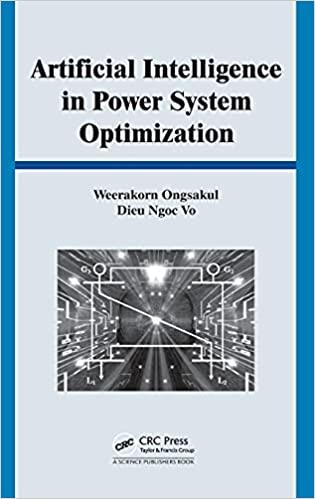3.14 Consider the program: t(0+1, 1+0). t(X+0+1, X+1+0). t(X+1+1, Z) :- t(X+I, X1), t(X1+1, Z). How will
Question:
3.14 Consider the program: t(0+1, 1+0). t(X+0+1, X+1+0). t(X+1+1, Z) :- t(X+I, X1), t(X1+1, Z).
How will this program answer the following questions if '+' is an infix operator of type yfx (as usual):
(a) ?-t(0+1, A).
(b) ?-t(0+1+1, B).
(c) t(1+0+1+1+1, C).
(d) ?-t(D, 1+1+1+0).
Fantastic news! We've Found the answer you've been seeking!
Step by Step Answer:
Related Book For 

Artificial Intelligence In Power System Optimization
ISBN: 9781578088058
1st Edition
Authors: Weerakorn Ongsakul, Vo Ngoc Dieu
Question Posted:






